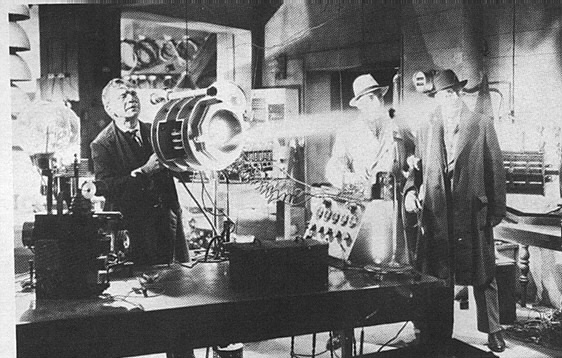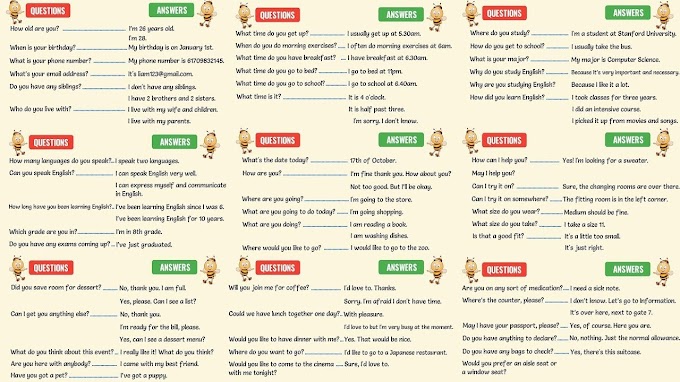The words in the purple cells are a special kind of auxiliary verb called a modal auxiliary.
| do | has | may | should | shall | ought (to) |
| does | have | might | would | will | |
| did | had | must | could | can |
| Forms of to be: | is | am | are | was | were | be | being | been |
Some usage problems:
Had of. Illiterate for had
ILLITERATE: I wish I had of gone.
RIGHT: I wish I had gone.Had ought. Illiterate combinationWRONG: He hadn't of ought to have gone.
RIGHT: He ought not to have gone.WRONG: He ought to go, had he not?
RIGHT: He ought to go, ought he not?Have got. Colloquial and redundant.COLLOQUIAL: I have got ten dollars.
STANDARD: I have ten dollars.Can, may Can means to be able; may means to have permission.
RIGHT: Mary can (is able to) drive the car.
RIGHT: May I drive the car?Should of. Illiterate corruption of should have.
We play a silly game at our house that involves the helping verbs. Sometimes one of the kids will ask a one-word question such as, 'when' or 'why'. I reply to my child's one word question with a helping verb that is not one of the 'be' verbs and that starts the game. The child then has to say a helping verb (not a 'be' verb). Then I have to say a helping verb. There is an even number of auxiliary verbs and because of that your child will always win once he/she has memorized them.
This game originated because many questions begin with an auxiliary verb. Ask your kids if they can start a sentence with an auxiliary verb that is not a question.
The rules: No helping verb can be said twice and the one who can't think of a helping verb loses. The winner only wins if he/she can recite the be verbs.





0 Comments